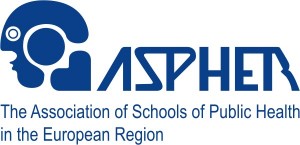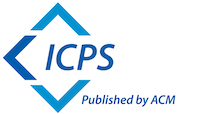Whilst it has long been known that anti-vaccination sentiment is widely disseminated through digital networks, 2019 has seen seismic shifts in the landscape. As viral videos originating on Youtube spread across social networks, HPV vaccine uptake tumbled in a number of countries. In Japan, the government came under sufficient pressure that they de-recommended HPV vaccine, seeing a 70% uptake rate in 2013 fall below 1%. However, there have been some reports of successful interventions – a recent campaign run by the HPV Alliance in Ireland has seen a rate back up to a national average of around 75%. A combination of hard-hitting personal testimonials, social media and traditional media looked to promote the HPV vaccine.
Social media platforms such as Twitter enable near real-time understandings of vaccine sentiment and information flows at scale. VAC Medi+Board project developed an innovative approach for Twitter data collection, integration, analysis and visualisation to support rapid responses through identifying key influencers and flashpoints in articles about vaccination going viral. This pilot study evaluated the debate about HPV on Twitter in a period of several month and developed methods for analysis and visualisation of the content, key influencers information diffusion throughout the network and size of audience. Through complex network analysis, VAC Medi+Board piloted identification of individuals for targeted public health interventions to combat misinformation. In this talk, we will present the VAC Medi+Board HPV study and explore the challenges and opportunities that social media can provide for public health policymakers.










